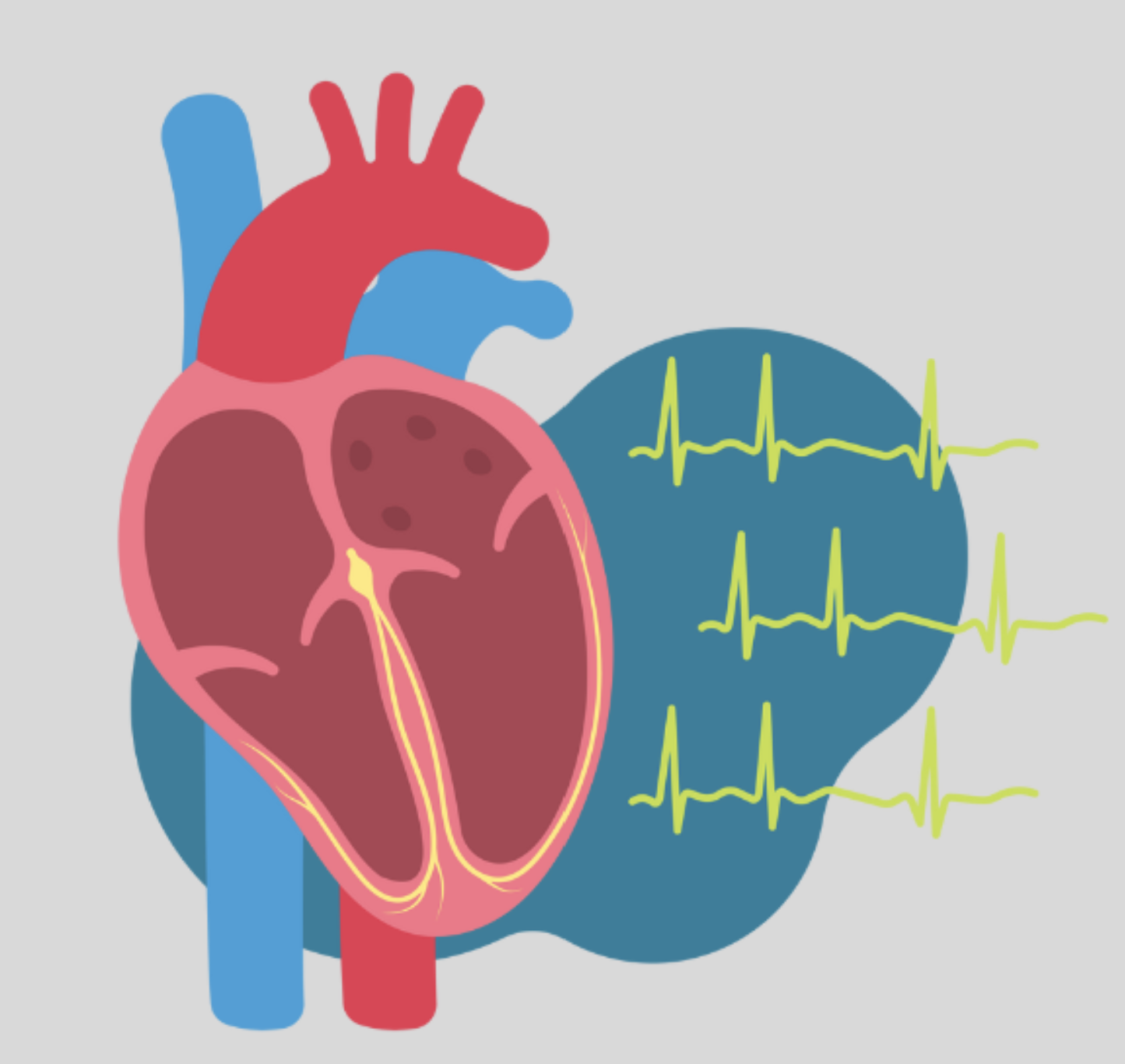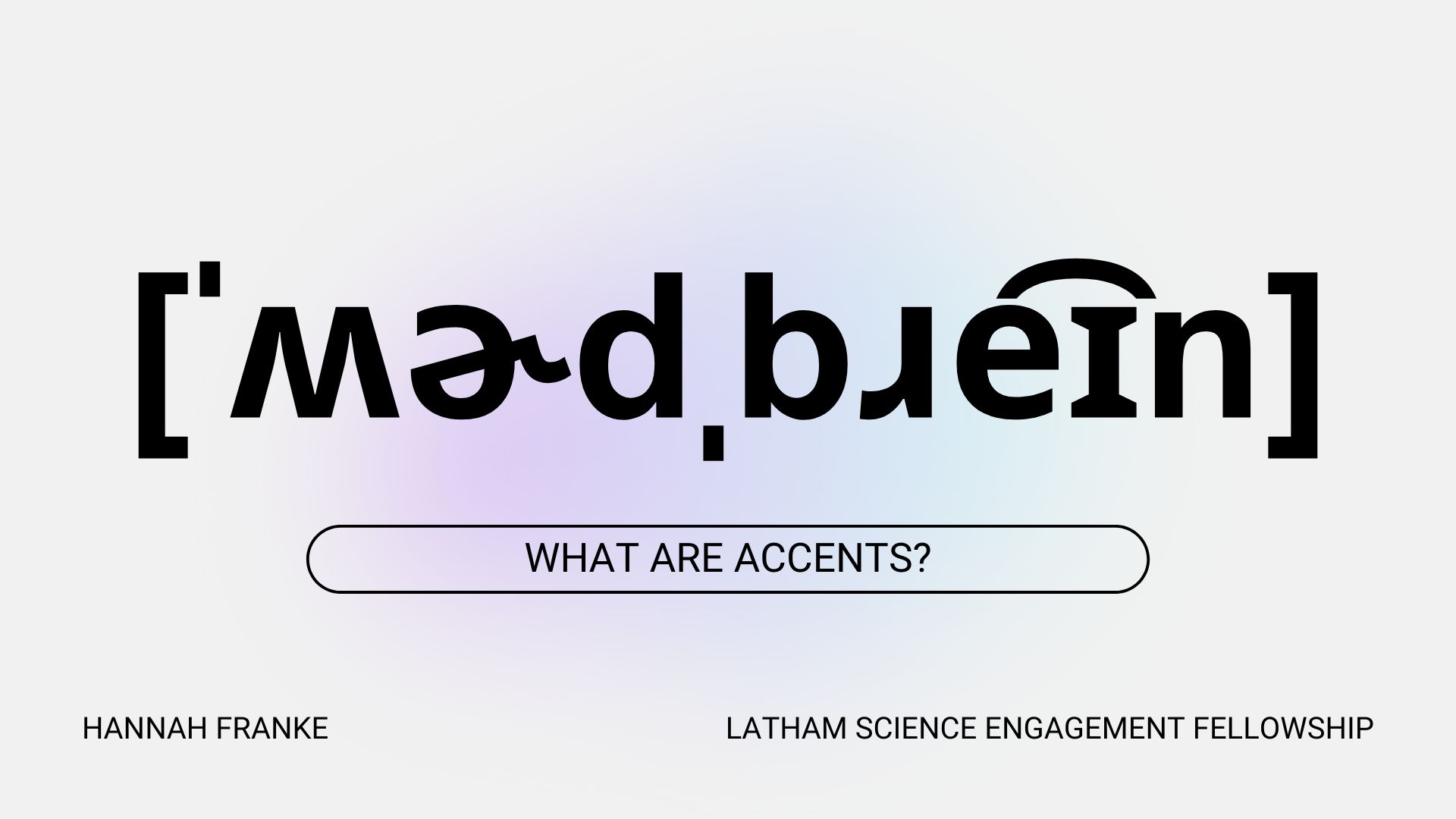![]()
by Anne Cunningham
The University of Iowa is an institution with many opportunities to get involved in research. We hear from vast amounts of undergraduate students, graduate students, and professionals on their research and what the experience at Iowa provides for them. One thing I haven’t heard much on is the perspective from those outside of the University of Iowa. As part of my capstone project with the Iowa Sciences Academy and the UI-MARC program, I wanted to expand science communication outside of Iowa to universities across the United States and the world.
I decided to create a pen pal exchange where I reached out to students via email to learn about their university experiences, research, coursework, and any other related topics that came up. I’ve heard from many people with a similar background to me, in biomedical engineering and undergrad research at Iowa, so I was excited to branch out and learn from others. I ended up emailing back and forth with five students from various universities, majors, and backgrounds. I’ve talked about so much with each of them throughout the semester, so here’s a little bit I learned from each person that might be of interest:
A fourth-year medical student at the Sarajevo School of Science and Technology
- We talked about the differences of medical school in Bosnia & Herzegovina: “After we finish 4 years of high school, we can enroll into medical school which is 6 years long. After those 6 years, we must take a national exam to get licensed, and then work for one year, something like an internship. After that, we are free to do whatever we want, people usually decide to enroll into residency but there is no official program.”
- Case study contributions: “I am doing a case study with my friend about a 20 year long diagnosis of systemic lupus erythematosus with lupus nephritis in a woman who had two successful kidney transplantations.”
- Volunteer work: “I had an opportunity to go to Mostar and do some volunteer work in the hospital. Before that, I was in Italy shadowing the Neurosurgery and Interventional Neuroradiology departments.”
A fourth-year Biology student at the University of Nevada
- We talked about research: “I am working in the plant breeding and genomics lab. I’m not able to tell you a lot about my project since it’s under patent review.”
- Grad school plans: “I recently got accepted into the Biotech program at my university. I love research but want to expand into management/ outreach/ patent law/ science editor.”
- Being an international student: “I miss most of my friends, food, different services and clothes.”
A fourth-year Genetics & Biochemistry student at the University of Georgia
- We talked about research: “I’ve done research into left-right patterning, plant gene editing, and beneficial microbe-plant root interactions at UGA and stress granules and epigenetics at Cornell!”
- How to narrow down post-grad plans: “I’ve decided to take a gap year. I think this gap would give me a good chance to explore my options and travel while doing it!”
- Fun facts about stress: “Regarding aging, one fact would be how stress (up to a certain amount) is in fact healthy for you! Stress based hormesis examples would be how working out or interim fasting can increase life expectancy and health!”
A second-year Psychology student at the Open University
- We talked about attending an online and international university: “Online university is more flexible, but you have to be firmer. It’s pretty normal for me since I’ve been homeschooled my whole life.”
- Being unsure about future plans: “I’m not too sure what I want to do afterwards but I chose psychology because I like the aspect of understanding why people do things, not just on a fundamental level. Counselling is something I could definitely pursue afterwards.”
A fourth-year Sustainable Agriculture & Food Systems student with a concentration in Agroecology at the University of Texas Rio Grande Valley
- We talked about research: : “I assist grad students in conservation and innovation research related to the use of cover crops in Deep South Texas and their agroecological effects!”
- Why UTRGV: “I chose this school because of its hands on farm and garden open to students.”
- Grad school plans: “I hope to go to graduate school in agriculture!”
My expectations were far surpassed when those I was communicating with responded with genuine interest, kindness, and the diverse perspectives I was seeking. Although there were times when it took longer to receive responses, I learned how busy everyone was, especially with many graduating soon. I still enjoy exchanging emails with many of these pen pals!
I encourage anyone curious about what is happening at other universities to reach out to other students and find their own pen pal! This could be done through LinkedIn, a pen pal site, asking professors and grad students, or any way you can think of.


